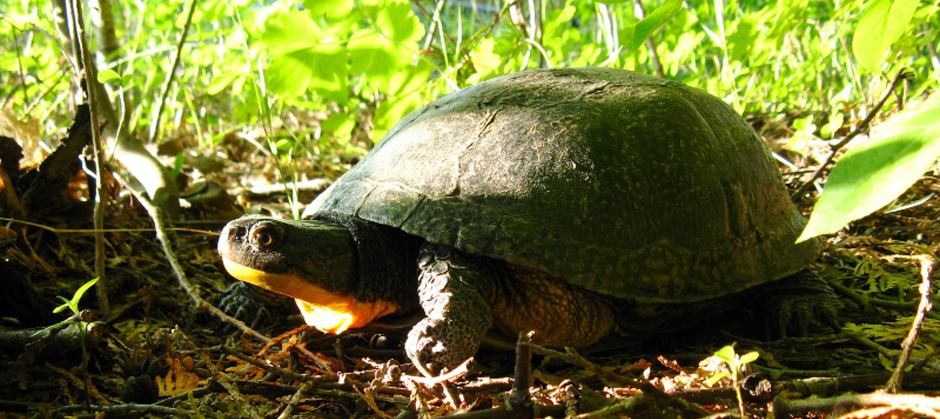Bedford Biofuels’ Kenyan Plantation in an Important Bird Area Goes Belly Up
Bedford Biofuels, a biofuels company based in Edmonton, Alberta, appears to have closed its doors on its Jatropha biofuel plantation in Kenya that occupies a globally recognized Important Bird Area.
Just this week, we received word from our partner, Nature Kenya, about the apparent closure of the plantation and the bankruptcy of Bedford Biofuels. On a recent trip to the plantation, Francis Kagema, Conservation Programmes Field Coordinator for Nature Kenya Coast Region, made the following observation.
“Previously, the area was under satellite surveillance and one needed consent from Canada to have a look at the most important crop Jatropha carcus. Today herds and flocks of livestock are enjoying the cleared field. Hundreds of animals today were observed grazing among the 3 feet tall jatropha bushes.”
Nature Kenya along with support from Nature Canada and other BirdLife partners, helped shed light on the impact of a plantation in a globally important bird area in Kenya which resulted in Bedford Biofuels being unable to advance the Jatropha biofuel plantation in this biologically important area.
In 2011, we brought you the alarming news from our Kenyan partners that opposition to the plantation had been met with death threats. More recently, media coverage in Canada has focused on disgruntled investors in Bedford Biofuels who have sought help from the Alberta Securities Commission without much success.
With the plantation closed, the various rare, vulnerable, migratory and threatened species including the Southern Banded Snake Eagle, Malindi Pipit Malindi Pipit, and Endangered Basra Reed-warbler have one less issue to deal with!




